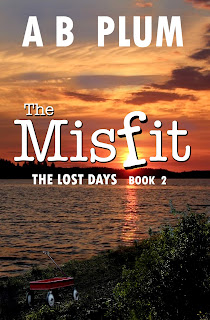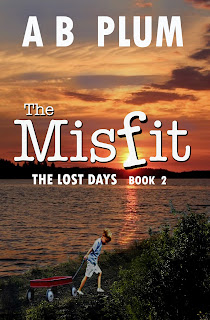Obamacare, Trumpcare, Personal Care
By AB Plum
Ignorance is bliss.
Too many facts confuse us.
Time changes everything.
Sometimes, we know more than is good for us.
Life is a mystery; we can’t know everything.
Waiting and patience are virtues.
Lately, these platitudes and clichés have claimed too much prime real estate in my brain. And, I know why. (The Obamacare/Trumpcare debate plus some reflections about personal health care have made an impact).
My husband and I spent a lot of time over the past six months poring over different medical opinions before we and his docs detected a pattern: Normal Pressure Hydrocephalus. (NPH).
We then had to weigh treatment options (Do nothing. Start with a spinal tap. Go for brain surgery. Wait and see; come back in three months). Next, what were the risks of the brain surgery? What was the best-case outcome? When would we see improvement? How painful was the procedure? What kind of recovery might we expect?
So we made the go-with-surgery decision—with a high degree of optimism—in December. The procedure, scheduled for February 6, was postponed. Time—and a very nasty and persistent sinus infection changed those best-laid plans. Patience became stretched. Waiting involved weekly lab tests and several x-rays to satisfy two doctors that the infection had responded to treatment. March 7, my husband went into OR asking “enough questions so I can do this myself the next time.”
Recovery brought its own challenges, and sometimes we longed for ignorance. But now, we are grateful for his ability to walk normally again. The hard part, as the cliché goes, is behind us.
Now, we are trying to share the best of our experience with a long-time friend. Her husband has just been diagnosed with Idiopathic Thrombocytopenic Purpura (ITP). Wow! Is that a mouthful.
Like us with NPH, she’d never heard of ITP. The mountain of info is overwhelming. The possibility that the cause may not be found for his extremely low red platelet count is scary. The need to wait and see, to sit by a hospital bed patiently waiting for one more test result is exhausting. Googling every vaguely related keyword is tempting, but too often results in being confused by too many contradictions and not enough hard evidence. Going home without a definitive cause for the drop in red blood cells carries both relief and anxiety.
My husband and I had to wait almost a week to say with certainty that his surgery achieved our goal of normal walking. Our friends may have to wait much longer to see if this 5-day stay in the hospital is a one-time occurrence or the first of many stays.
In their case, the cliché, time will tell, keeps popping up. Right now, I’m offering a different heartfelt cliché: Be grateful for every moment and get back to your normal life as quickly—and safely—as possible.
************
AB Plum lives and writes in Silicon Valley, where amazing innovations in medical practice and technology meet.






